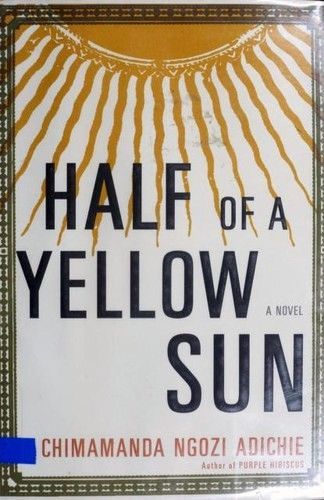
Reviews
nicole rapu@nicoleisamazinglysuper
Oluwapelumi Alo @pelumialo
Chris Dailey@cris_dali
Amelia C @coffeewithamelia
elizabeth@ekmclaren
arwen@corienrielle
Rahmat Junaid@rahmat
hileahrious@hileahrious
Aamna@aamnakhan
Sara Raffalski@saralski
Luke Pearce@aldouslanark
altlovesbooks@altlovesbooks
Jamieson@jamiesonk
Maddie@maddie
Emelie@swedishbookowl
Laura Gill@gillybookworm
Alfredo santos@alf
Irene Alegre@irenealegre
Yulande Lindsay@lande5191
Vivian@vivian_munich
Josefina@naps
priya@purpleflamingo
Melody Izard@mizard
Joy KBA@joy_reads
Highlights
Clarissa @clariy
Clarissa @clariy
Laura Gill@gillybookworm